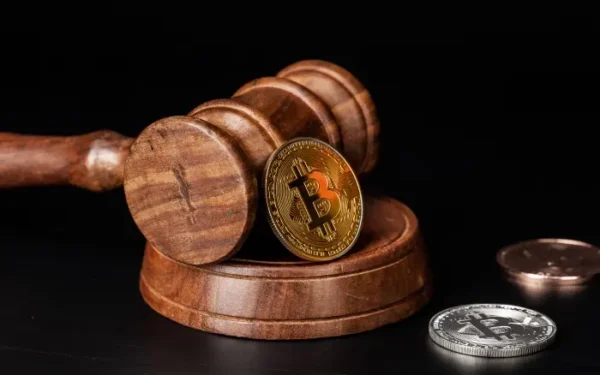Bitcoin Wallets: Safeguarding and Managing Your Digital Assets

Bitcoin wallets serve as vital tools for securely managing and safeguarding your digital assets. As the entry point into the world of cryptocurrencies, Bitcoin wallets provide a safe storage solution for your Bitcoins while enabling seamless transactions.
This article aims to delve into the various types of Bitcoin wallets, their features, security considerations, and best practices for effectively managing your digital assets.
1. Types of Bitcoin Wallets
- Software Wallets: Software wallets are applications installed on computers or mobile devices. They can be further categorized into desktop wallets (installed on a computer), mobile wallets (installed on smartphones), and web wallets (accessed through a web browser). Software wallets offer convenience and accessibility, but they may be vulnerable to malware or hacking if proper security measures are not followed.
- Hardware Wallets: Hardware wallets are physical devices designed to securely store private keys offline. They offer enhanced security by keeping the private keys isolated from internet-connected devices. Hardware wallets are highly recommended for long-term storage of significant Bitcoin holdings.
- Paper Wallets: Paper wallets involve printing out the public and private keys on a physical piece of paper. This method provides an offline storage solution, but it requires careful handling to prevent loss, damage, or theft.
- Custodial Wallets: Custodial wallets are managed by third-party service providers, such as exchanges or online platforms. While they offer convenience, users entrust the security of their funds to the custodian. It is essential to choose reputable and secure custodial services.
2. Security Considerations
- Private Key Protection: The private key is the most crucial element of a Bitcoin wallet. It is necessary to protect it from unauthorized access, loss, or theft. Implement strong passwords, enable two-factor authentication (2FA), and consider using hardware wallets for added security.
- Backup and Recovery: Regularly backup your wallet to avoid the risk of losing access to your funds in case of device failure, loss, or accidental deletion. Keep multiple copies of the backup in secure locations and test the restoration process to ensure it works correctly.
- Software Updates and Security Patches: Keep your wallet software and operating systems up to date. Software updates often include security enhancements that protect against known vulnerabilities.
- Phishing and Social Engineering: Beware of phishing attempts and malicious websites seeking to obtain your private keys or personal information. Be cautious when clicking on links and only use official wallet websites or trusted sources.
3. Best Practices for Bitcoin Wallet Management
- Use Multiple Wallets: Consider using different wallets for different purposes, such as one for daily transactions and another for long-term storage. This separation reduces the exposure of your funds.
- Regularly Monitor Transactions: Stay vigilant and monitor your wallet transactions for any suspicious or unauthorized activity. Promptly report and address any concerns to prevent potential losses.
- Educate Yourself: Understand the basics of Bitcoin transactions, wallet security, and common threats. Stay informed about new security practices and potential risks to make informed decisions.
- Keep Funds Offline: For long-term storage or significant amounts of Bitcoin, opt for hardware wallets or paper wallets that keep your private keys offline, minimizing the risk of online attacks.
Conclusion
Bitcoin wallets are crucial tools for managing and safeguarding your digital assets.By selecting the right wallet type, implementing robust security measures, and following best practices, you can enhance the security of your Bitcoin holdings.
Remember to stay informed, exercise caution, and regularly update your security practices to adapt to the evolving landscape of cryptocurrency threats.
Safeguarding and effectively managing your Bitcoin wallets are essential steps towards a secure and successful journey in the world of cryptocurrencies.


